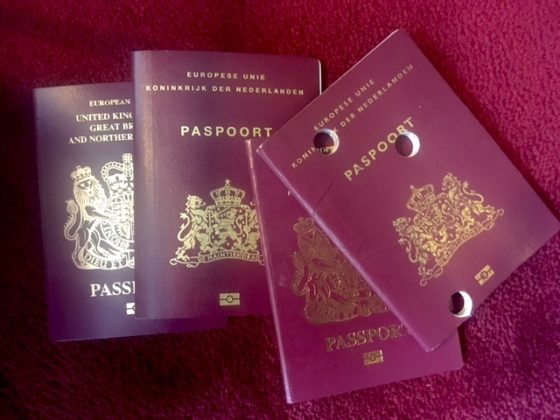Dutch expat dual nationality ruling could kickstart reforms


An important legal case focusing on Dutch dual nationality laws could be a breakthrough for people hoping for change in the current restrictive Dutch approach to having more than one passport.
The highest Dutch administrative court has ruled that Dutch nationality law, which says Dutch dual nationals will lose their Dutch passports if they have lived outside the European Union for at least 10 years, could be in conflict with European law.
The Council of State, which is following a decision handed down by the European Court of Justice last year, says that the automatic loss of Dutch nationality needs to be assessed on a case by case basis.
The European court did not rule that the Dutch process is illegal but did say it should be proportional – in other words, compelling individual circumstances should be taken into account, considering that the loss of Dutch nationality also entails the loss of EU citizenship. The case focused on six people who had lost their Dutch nationality because of the 10 year rule.
Although the actual case itself is not very relevant to foreign nationals who are forced to renounce their original nationality in order to become Dutch, it could now kickstart government reforms, immigration lawyer Jeremy Bierbach told DutchNews.nl.
‘This automatic loss of Dutch nationality for dual nationals has already been deeply unpopular in the Dutch expat community,’ he said.
‘One of the precepts in Dutch nationality law is that what is good for the Dutch is good for others as well. If this particular restriction on dual nationality for Dutch expats is abolished, and that parallelism is maintained, this ruling could open the door to change which would benefit foreigners living in the Netherlands.’
Reforms
The government pledged in its 2017 coalition agreement to take steps to change the Dutch rules on dual nationality. In order to become Dutch most people have to renounce their original nationality, unless they are married to a Dutch national.
Draft proposals were due to be published last spring, but a ministry spokesman told DutchNews.nl last year that the review was still ongoing and partly depended on jurisprudence stemming from the Tjebbes case, which has now been finalised.
The government now has four months to respond to the latest ruling and decide if the decision to remove Dutch nationality has been reasonable, the court said.
Reform
Elles Besselen of Everaert Advocaten told DutchNews.nl that the Tjebbes ruling marks the first time European law has been directly applied to Dutch nationality law. ‘The Council of State has been very clear that Dutch nationality law needs to be changed,’ she said.
The SNBN foundation, which represents the interests of Dutch nationals living abroad, has welcomed the Council of State ruling. It says thousands of Dutch men and women have been faced with losing their Dutch passports because of the rules.
‘We now call on the government to use this ruling as an opportunity to revise the nationality rules and bring them into the 21st century,’ the organisation said.
DutchNews.nl has asked the justice ministry to comment.
Thank you for donating to DutchNews.nl.
We could not provide the Dutch News service, and keep it free of charge, without the generous support of our readers. Your donations allow us to report on issues you tell us matter, and provide you with a summary of the most important Dutch news each day.
Make a donation